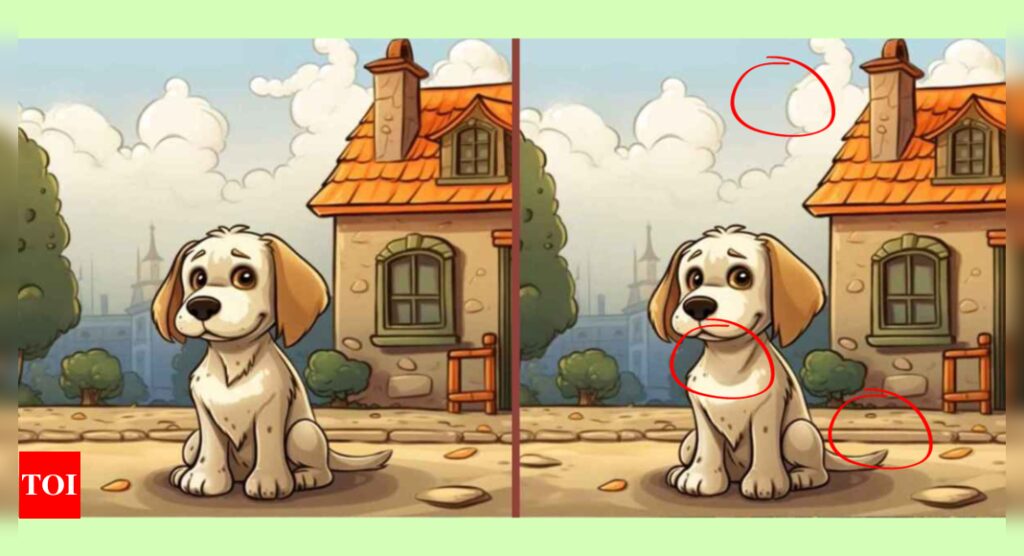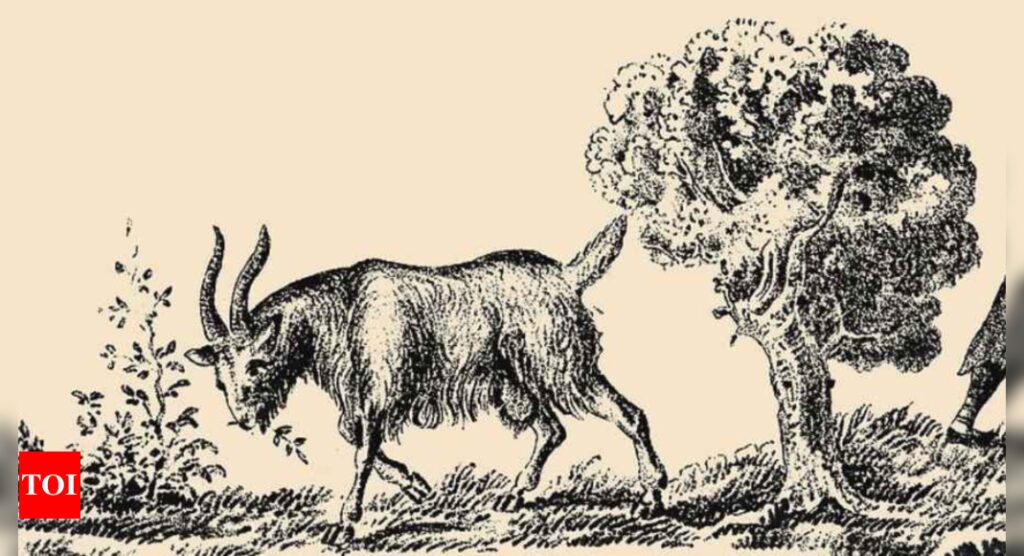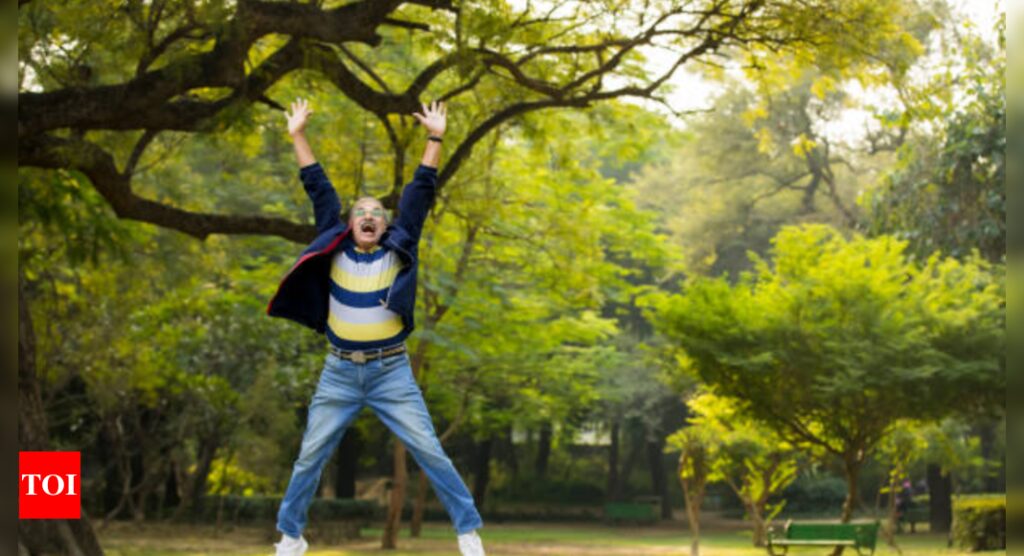Spot the difference, sometimes called spot the difference puzzle, is one of the most popular attention-grabbing games available on the Internet today. The goal of this challenge is for readers to distinguish between two nearly identical photos. It takes a keen eye for detail to find quick solutions to problems like these. Regular practice of these challenges can benefit individuals of all ages by enhancing their mental health and ability to concentrate. Do your eyes have a high ability to focus? Let’s investigate! The photo shared above shows a puppy sitting in front of a house. The reader has fifteen seconds to identify three differences that exist between the two photos. This is the beginning of your era! While some differences may be clearly visible to the naked eye, others may require close inspection to identify. Because of this, the reader has to be extremely focused to distinguish the variations between the two images. According to studies, these types of activities activate parts of the brain related to memory and concentration. Therefore, engaging in these activities regularly will improve memory recall and concentration. Time is running out so hurry up. Take one last look and see if you can spot any more differences. Four…Three…Two…Just One…More. Time is up. Some astute readers may have noticed any differences in the time allocation. To those readers, congratulations! Your eyes are extremely focused. If you can’t find the answer, you should do these types of tasks regularly to hone your observational abilities. Readers are invited to compare their answers with the following solution.
Solution to this optical illusion
 If you have fun doing this exercise, please share it with your loved ones and see who can solve it the fastest. For more exciting challenges, check out our recommended reading area.
If you have fun doing this exercise, please share it with your loved ones and see who can solve it the fastest. For more exciting challenges, check out our recommended reading area.



